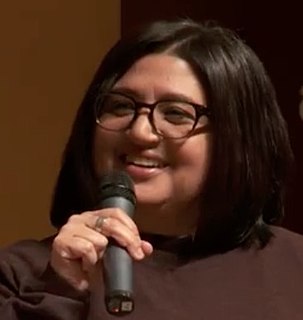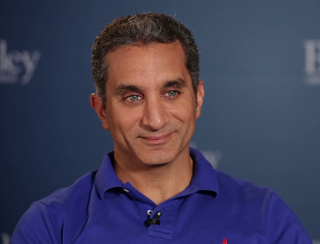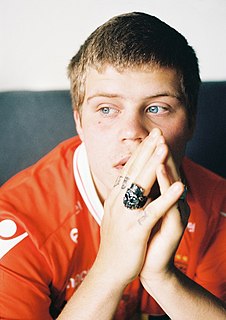A Quote by Paulo Coelho
Don’t bother trying to explain your emotions. Live everything as intensely as you can and keep whatever you felt as a gift from God. The best way to destroy the bridge between the visible and invisible is by trying to explain your emotions.
Related Quotes
Negative emotions will challenge your grit every step of the way. While it's impossible not to feel your emotions, it's completely under your power to manage them effectively and to keep yourself in a position of control. When you let your emotions overtake your ability to think clearly, it's easy to lose your resolve.
Willpower is a myth. The problem with trying to use willpower to achieve and sustain a behavioral change is that it is fueled by emotion. And as we all know, our emotions are, at best, fickle. They come and go. When your emotions start running down -- and they will -- even your best-laid plans will fall flat.
I would then say that there are two kinds of feeling. The first is to feel in the sense of concentrating your emotions on something immediately available for your understanding: you make your understanding out of the emotions you have about it. The second is to feel in the sense of being affected without trying to understand: something is felt, you do not know what, and it is more important to feel it than to try to understand it, since once you try to understand it you no longer feel it.
By trying to give an artistic approach through my book I stepped unwillingly into other fields. Like a dentist being asked about a throat ache on a much more relevant scale, I was caught in trying to explain what was unexplainable for me. In the end, trying to explain why it was unexplainable finally led to a huge general insecurity in dealing with the subject at all.





































